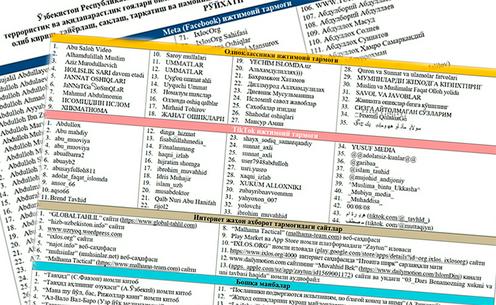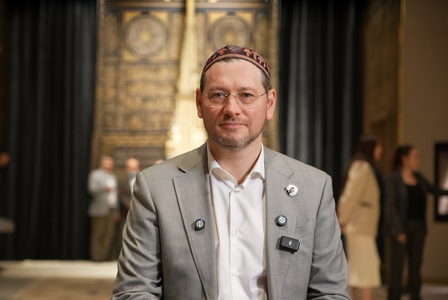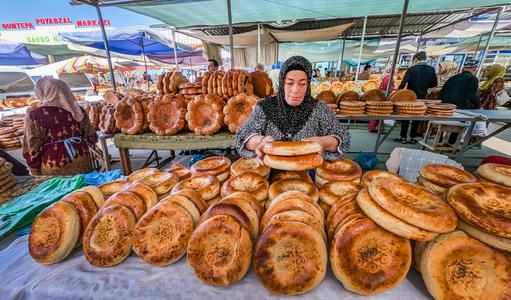On January 8, Uzbekistan's Supreme Court released an updated list of social media accounts, websites, and books identified as containing extremist, terrorist, and fanatical content. The materials included in the list are banned from import, production, distribution, and display within the country.
The updated list comprises 1,389 materials in audio, video, and text formats, nearly doubling the more than 800 banned resources and texts listed in January last year, Gazeta.uz reports.
The distribution of banned accounts by social media platform highlights their relative popularity. The majority of flagged accounts were found on Telegram—713 in total, up from nearly 400 in the previous list. The fewest were on Odnoklassniki (popular Russian social media platform — Fe.), with just 35 flagged pages.
Facebook accounts numbered 203 (up from about 150), Instagram had 226 banned profiles (compared to over 100 previously), YouTube accounted for 135 channels, and TikTok had 44. The list also includes 13 websites and 20 books or texts.
The identification of extremist content in Uzbekistan is carried out by the Committee for Religious Affairs, in collaboration with the State Security Service (SSS), the Ministry of Internal Affairs (MIA), and the Agency for Information and Mass Communications (AIMC). Under the law on countering extremism, the display, distribution, and possession of these materials are prohibited, and access to them must be restricted. The production or dissemination of content threatening public security carries criminal liability.
In 2018, Uzbekistan's government issued a resolution allowing the blocking of media outlets that «promote extremist, propagandist, or hate-filled content online.» In May 2019, the Ministry of Justice published an initial list of 42 resources deemed extremist. The list has since been expanded with new additions.










